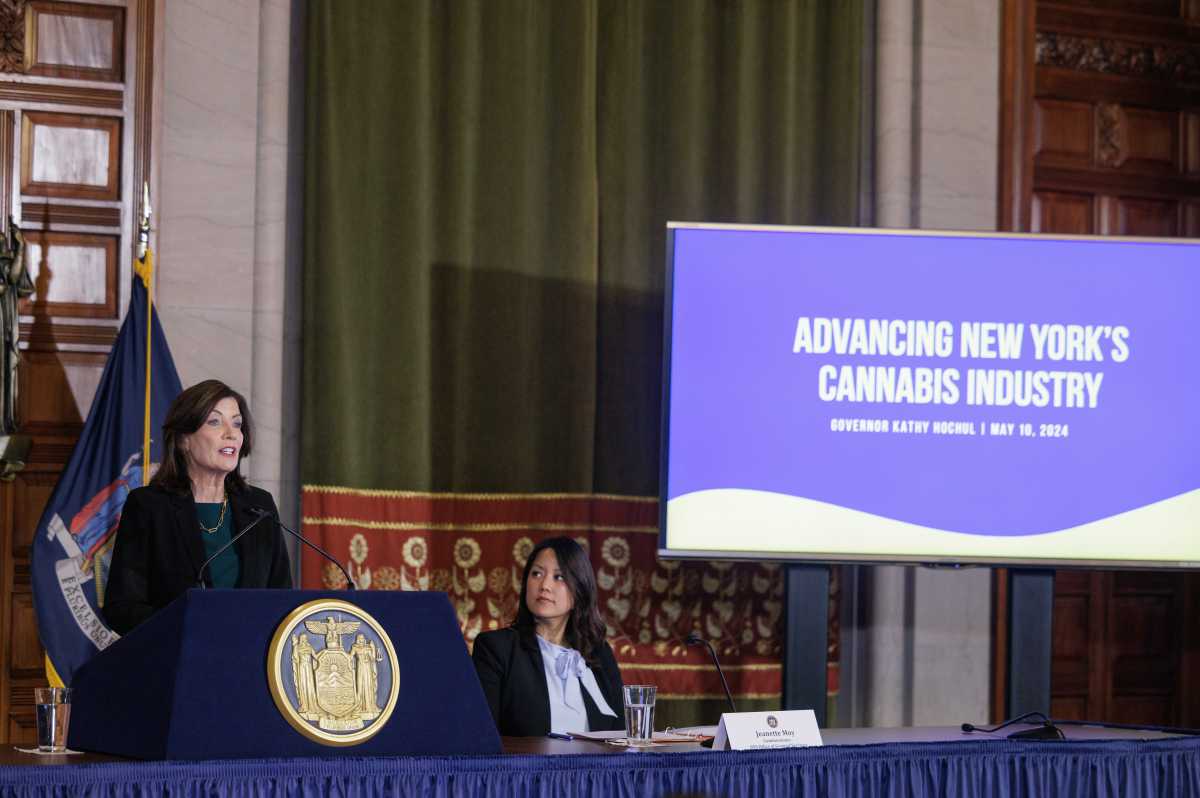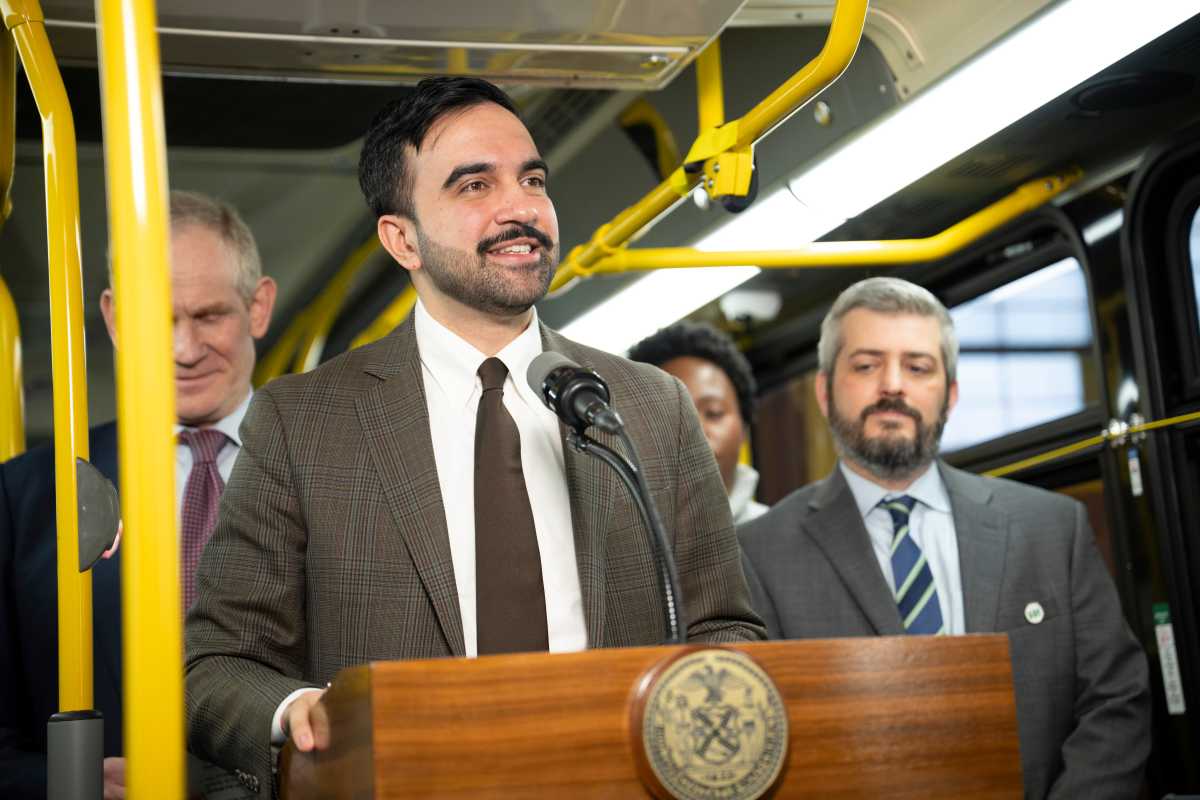Two years since state lawmakers enacted the Marijuana Regulation and Tax Act (MRTA), public officials, entrepreneurs and citizens have lived with the intentional benefits and unintentional consequences of adult-use cannabis legalization throughout life in New York City.
The amNY Metro and PoliticsNY 2024 Cannabis Industry Power Players list includes elected officials, Conditional Adult-Use Retail Dispensaries (CAURD)-licensees, consultants, business incubators, marketing professionals and legal experts dedicated to making New York’s cannabis industry the most equitable and innovative in the United States.
Many of the Cannabis Industry Power Players agree, there were significant obstacles in the rollout of CAURD licenses by the Office of Cannabis Management (OCM). Not only did slow processing times create a bottleneck of applications, the time between decriminalization and the open-and-operating CAURD-licensed dispensaries allowed the illicit cannabis market a significant foothold in the industry.
While Mayor Eric Adams and other city officials fine and shut down unlicensed cannabis shops, Gov. Kathy Hochul directed an operational overhaul of the OCM.
“We promised to build the strongest, most equitable legal cannabis market in the nation, and we’re announcing long-needed steps to make New York’s cannabis program work as promised,” Hochul said earlier this year.
Hochul and Office of General Services Commissioner Jeanette Moy, one of the leaders behind the assessment, outlined three action-items to re-tool the OCM and make sure enforcement and policy unite towards building up New York’s cannabis industry.
First, the OCM will be implementing various recommendations from the 30-day assessment and adopting a new licensing strategy to clear out the bottle-neck of applicants.
Second, OCM will provide additional capital to justice-involved CAURD licensees who have secured a retail location. OCM, in collaboration with Empire State Development, will make a $5 million pool of funds available to eligible CAURD licensees in the form of micro-grants.
Third, they will be launching a cannabis enforcement task force to make sure illicit cannabis shops are inspected and closed. The task force, led by the state police first deputy superintendent, is a statewide effort to coordinate staff from several agencies to combat the illicit cannabis market.
As a result of the overhaul and office-wide transformation, Chris Alexander recently stepped down from his position as the inaugural executive director of the OCM.
Other honorees on the cannabis industry power players list pointed out non-OCM-based operational problems for CAURD-licensed operations and would-be cannabis entrepreneurs.
Beau Allulli, the founder and owner of the Mighty Lucky, a licensed dispensary in Manhattan, said, “The industry needs control of the market and regulations that support licensed operators. Comprehensive enforcement against illegal operators and a faster rollout of the legal dispensaries. Taxation and banking also play a crucial role in the success of a cannabis operator. Understanding the limitations around 280E is essential when creating a financial model. The federal classification hinders operators from claiming tax credits and deductions for expenses they incur except for the cost of goods sold.”
Overhauling the OCM is an effective step that is best confirmed or denied by the realities of operating and complying within the landscape of the cannabis industry.
Alessandro Cottone and Jeremy Rivera, the owners of Astoria-based Terp Bros, said, “The most pressing issue confronting the New York cannabis industry is the proliferation of illegal smoke shops and out-of-state weed stores siphoning money away from legal businesses. Compounding this challenge is Tax Code 280E, which prohibits cannabis businesses from writing off many operational costs, stifling their growth potential. Normalizing cannabis businesses is crucial for our community’s prosperity.”
The aforementioned section 280E prohibits businesses from deducting otherwise established ordinary and necessary business expenses from gross income associated with the “trafficking” of Schedule I or Schedule II substances, cannabis is classified the former.
The cannabis industry in New York State is being constantly shaped and re-designed in the pursuit of a more equitable and innovative industry. New York cannabis professionals are the first to feel the immediate consequences of policy thanks to the highly regulated nature of the industry.
Turning to them is a reminder of how and why New York state stands to benefit from an equitable and innovative industry built from the people up.










